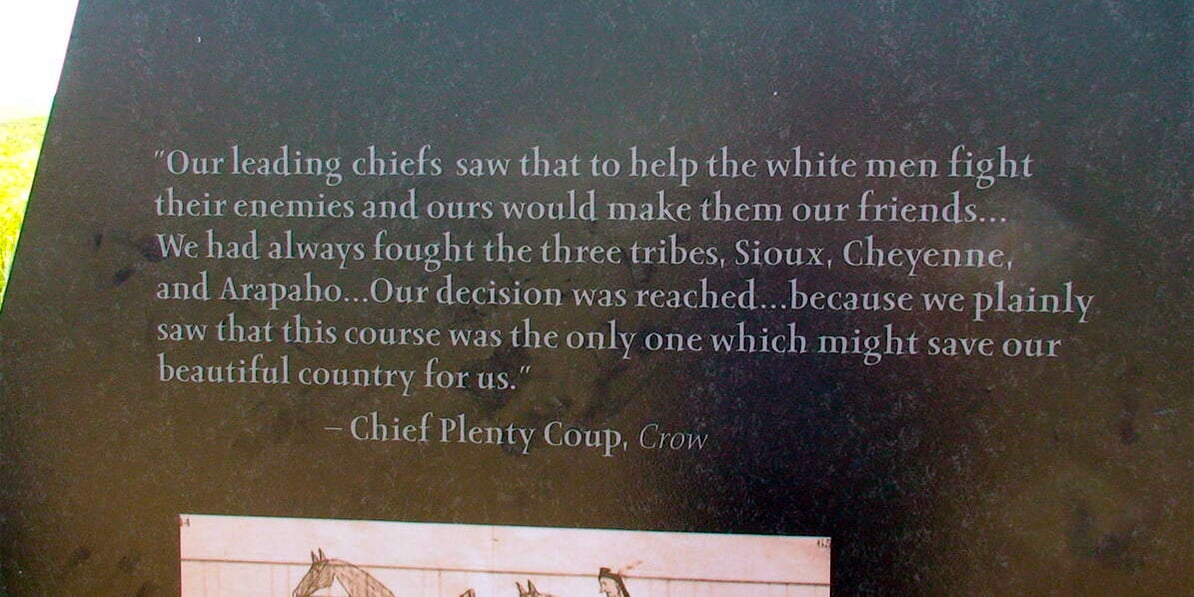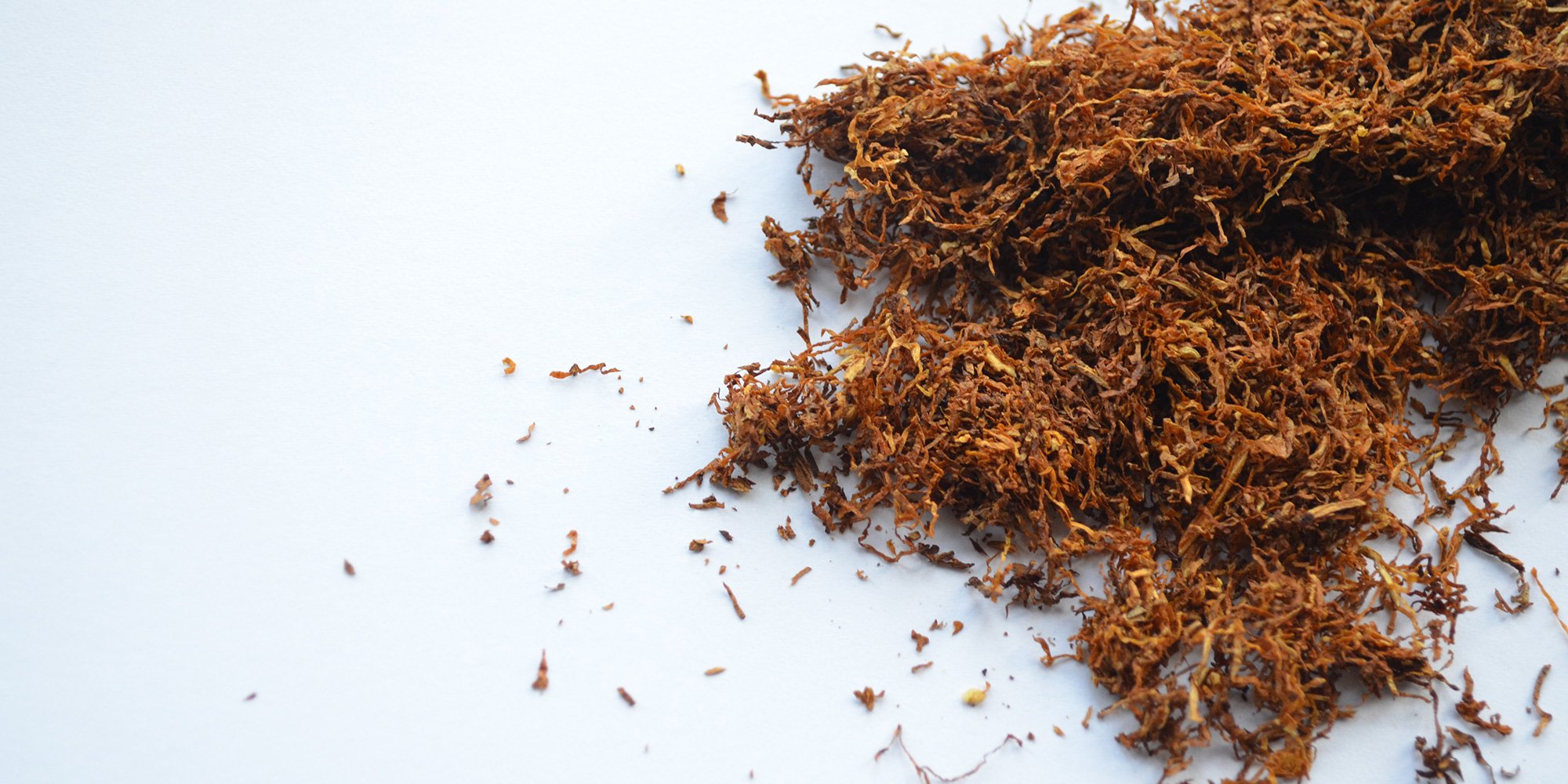
2 min read
The Mi’kmaq People of Nova Scotia
Long before John Cabot arrived on the shores of Newfoundland in 1497, Mi’kmaq People occupied what we now know as the Atlantic provinces. Mi’kmaq (pronounced meeg maw) traditional territories included Nova Scotia, New Brunswick, Prince Edward Island...
Read More





